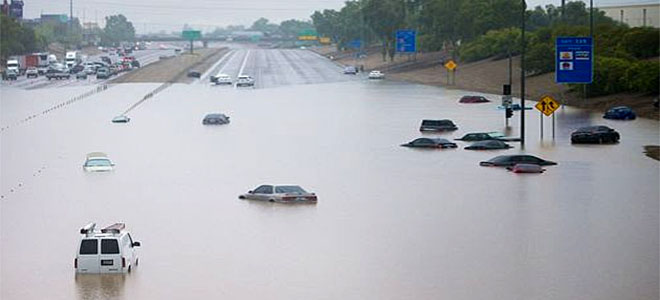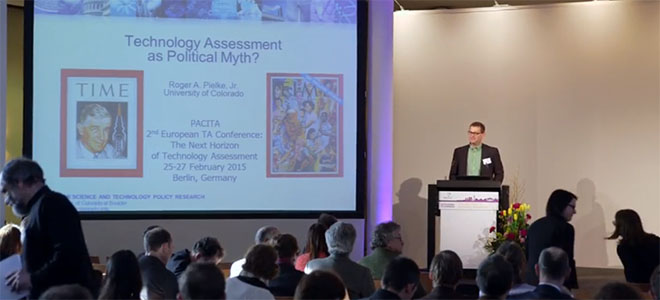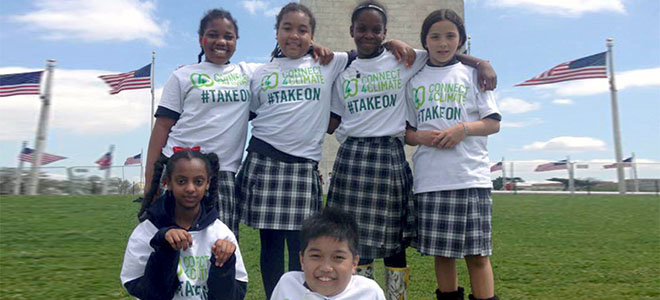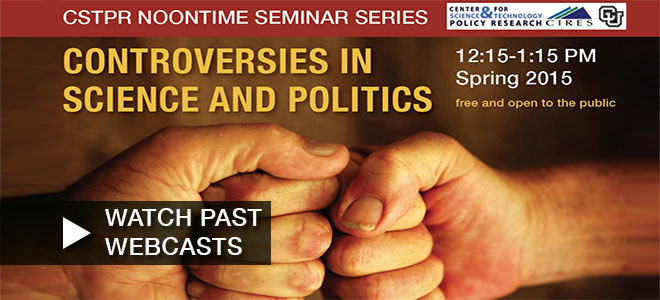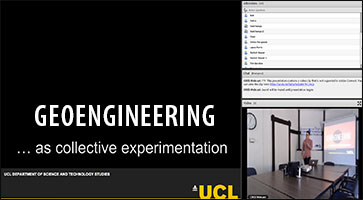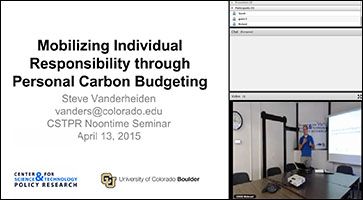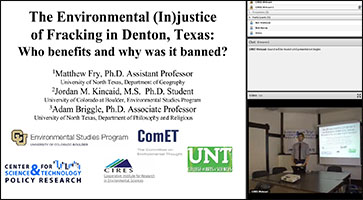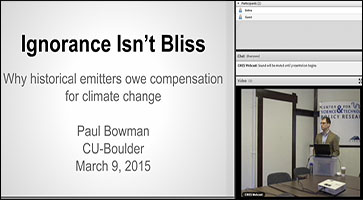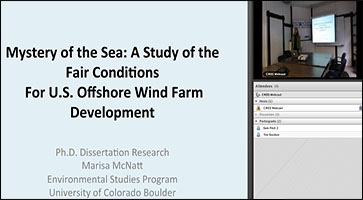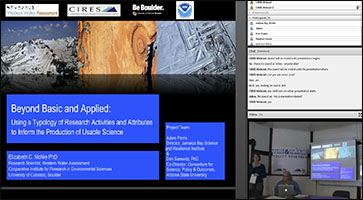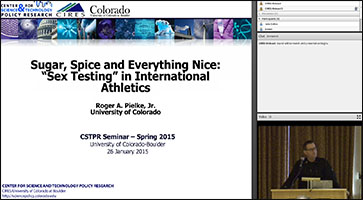USA Today
April, 28, 2015
Man-made global warming is responsible for about 75% of all hot-temperature extremes worldwide in the past 100 years, according to a study published Monday in the British journal Nature Climate Change.
It is also responsible for about 18% of heavy rainfall, the study said.
Even worse, climate change will cause higher percentages of extreme weather in future decades. For example, by the middle of this century, if temperatures continue to increase, about 95% of all heat waves — and about 40% of precipitation extremes — will be due to human influence.
Man-made climate change is caused by the burning of fossil fuels such as gas, coal and oil, which release greenhouse gases like carbon dioxide into the atmosphere, warming the globe to levels that cannot be explained by natural variability.
The study’s scientists used 25 climate computer models to test their theories. Lead author Erich Fischer, a climate scientist at ETH Zurich, a Swiss university, said the models “agree remarkably well on the change in heavy rainfall and hot extremes at the global scale.”
“The idea that almost half of heavy rainfall events would not have occurred were it not for climate change is a sobering thought for policymakers seeking to mitigate and adapt to climate change,” wrote Peter Stott of the United Kingdom’s Hadley Centre in a commentary that accompanied the study.
This research looked only at extreme heat and precipitation. “We do not look at droughts like the one in California or tropical cyclones (hurricanes),” Fischer said. “In fact, we argue that not all kinds of weather necessarily become more extreme.”
Experts not affiliated with the study said the research was sound, if unsurprising. Past research from the United Nations’ Intergovernmental Panel on Climate Change has shown that heat waves and heavy precipitation can be attributed in some part to global warming, said Roger Pielke, a University of Colorado professor of environmental studies.
“This paper is perfectly consistent with that review,” Pielke added. He also acknowledged there has been no solid link between climate change and increased levels or intensity of floods, tornadoes, droughts or hurricanes.
“These new results should come as no surprise to anyone who has been following the science of climate change and variability,” said research meteorologist Martin Hoerling of the National Oceanic and Atmospheric Administration.
Kevin Trenberth, climate analysis chief at the National Center for Atmospheric Research in Boulder, Colo., gave it a mixed review.
“The paper is interesting and has some results that may be reasonably OK,” he said. “However, the paper is based almost entirely on models with little or no validation or relations to the real world. None of the models do precipitation realistically, and some are quite bad.” Read more …


